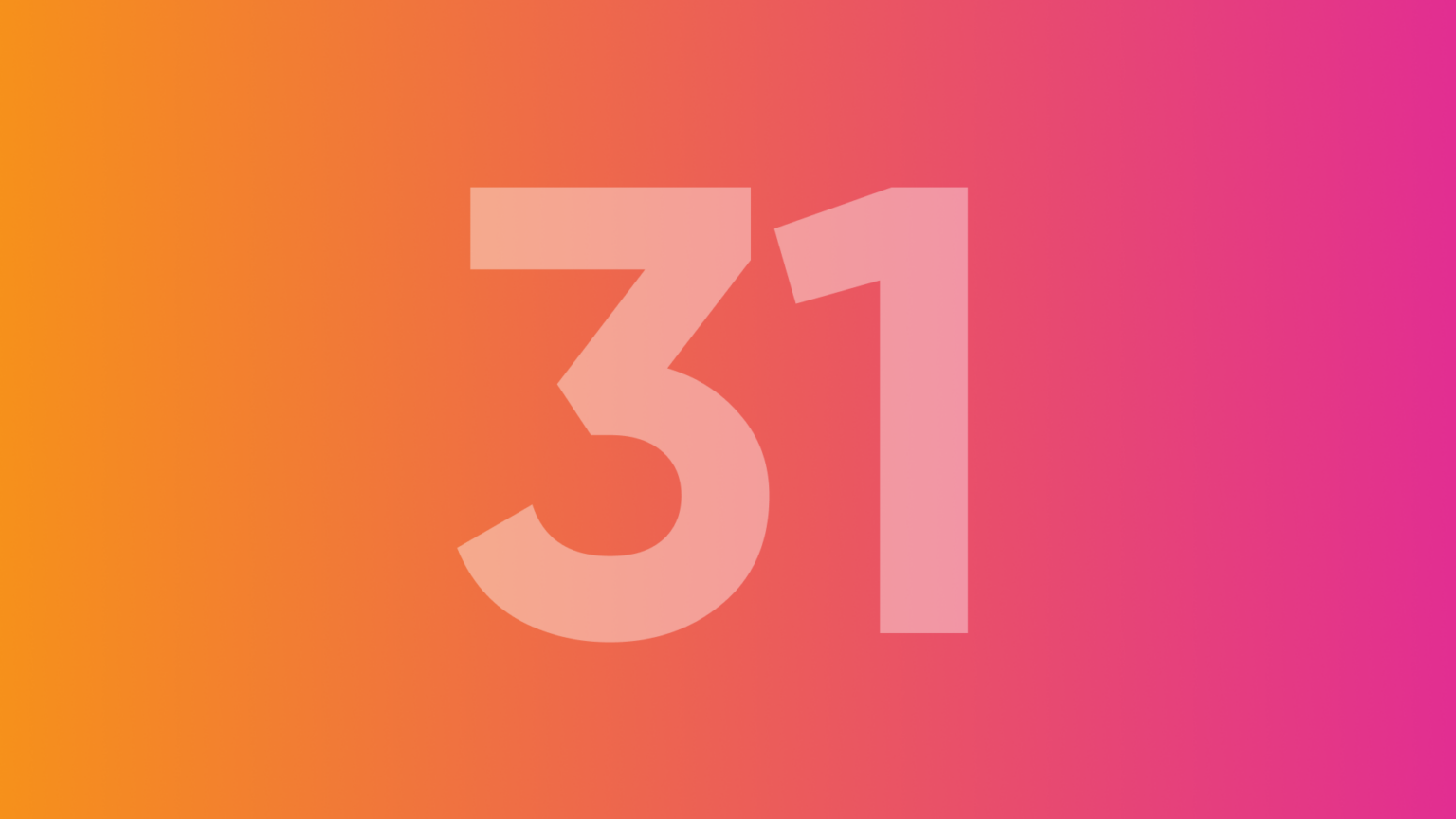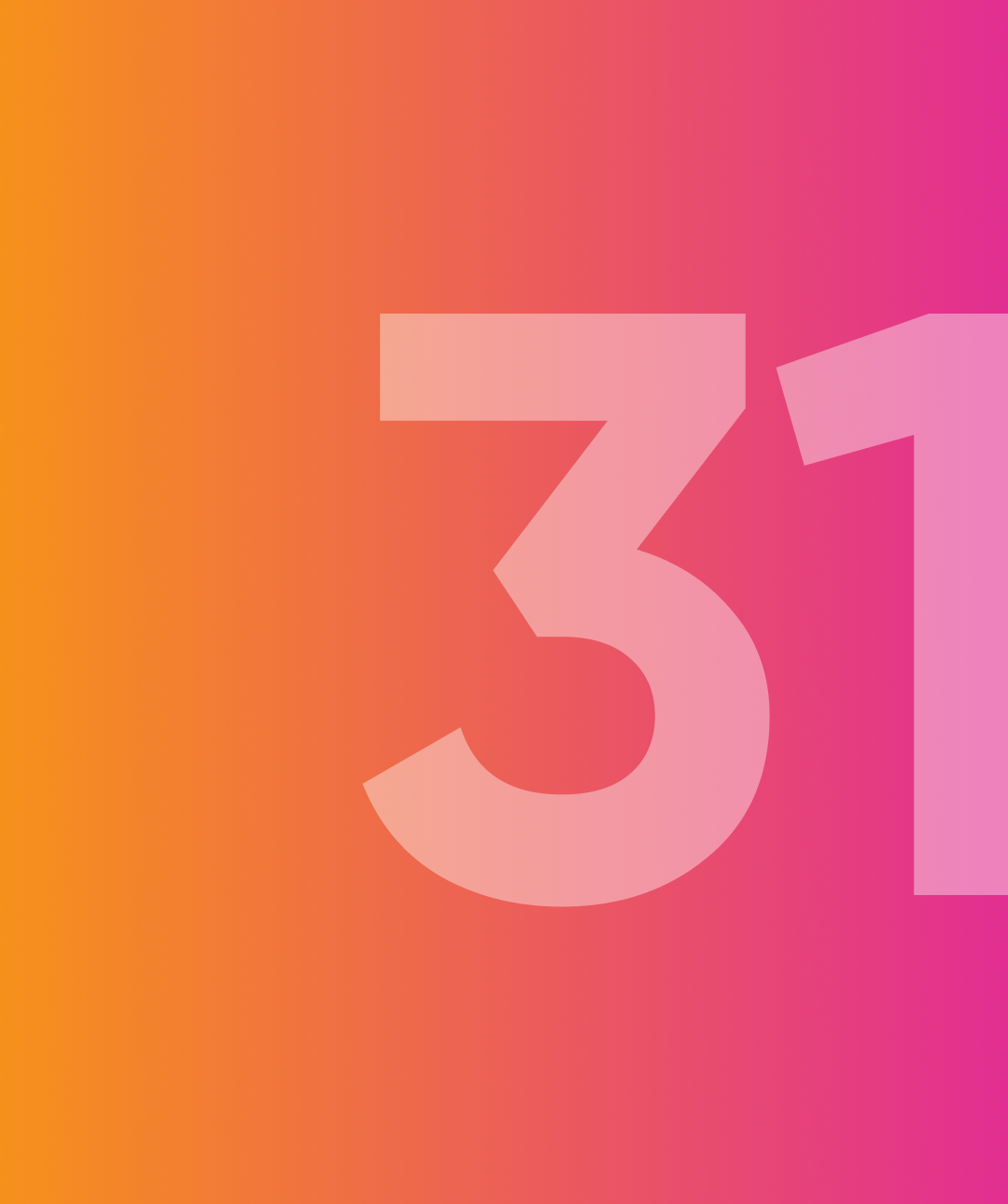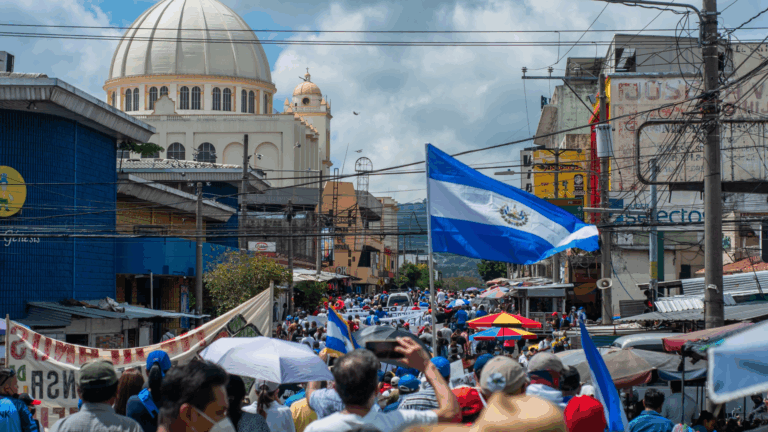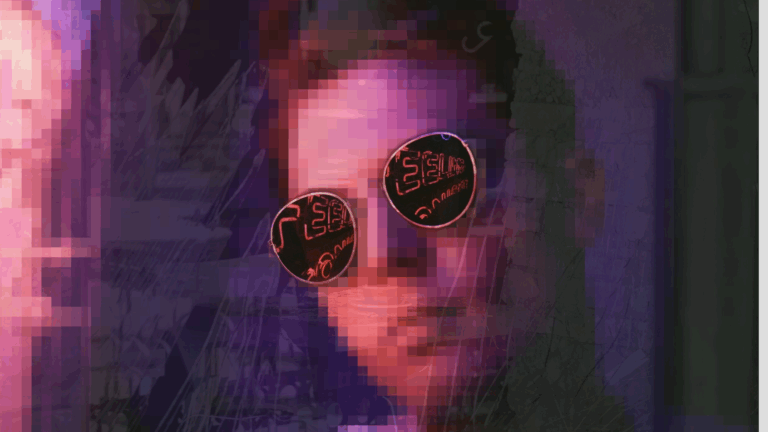Good morning, readers!
This week, financial policies impacting personal freedoms worldwide take center stage. In Russia, imprisoned opposition politician Vladimir Kara-Murza was transferred to a prison hospital, while officials issued an arrest warrant for Yulia Navalnaya, widow of Alexei Navalny and new chair of the Human Rights Foundation, for being part of an “extremist group.” These actions reflect the Kremlin’s relentless efforts to silence dissent and suppress freedoms, which have intensified even further since the war in Ukraine began.
In Nigeria, a popular cryptocurrency exchange introduced a 7.5% tax on digital asset transaction fees. Many believe this signals incoming regulation from Nigerian officials to discourage the use and adoption of open-source money, like Bitcoin.
Across the continent, in Ethiopia, new banking reforms pave the way for a central bank digital currency (CBDC). Citizens fear these reforms will lead to increased government surveillance and control over personal financial activities. This comes alongside a new $3.5 billion IMF loan that risks devaluing the local birr currency and raising living costs even more.
In open-source news, BOLT 12, an upgrade to the Lightning Network that enables reusable payment requests while enhancing privacy and censorship resistance in financial transactions, has been a key theme of this week. The popular Lightning Wallet Phoenix integrated BOLT 12 into its platform, and Bitcoin payments platform Strike introduced a BOLT 12 playground for developers to build, test, and experiment with the protocol’s new features.
We end with an article from Cato Institute policy analyst Nick Anthony, who shares his opinion on privacy-focused CBDCs. Ultimately, he believes CBDCs’ promise to preserve privacy will fail due to inherent surveillance interests from governments worldwide, especially during times of crisis. If you’re new to CBDCs, we encourage you to read this article.
Now, let’s dive right in!
The Financial Freedom Report is a newsletter focusing on the role currency and banking play in the civil liberties and human rights struggles of those living under authoritarian regimes. We also spotlight new tools and applications that can help individuals protect their financial freedom.

Ethiopia | Banking Reforms Pave Way for CBDC
Ethiopia’s Council of Ministers approved sweeping banking reforms that lay the groundwork for the introduction of a CBDC. While these reforms claim to expand financial inclusion and attract foreign investment, they risk centralizing financial control and surveillance in the hands of an authoritarian regime. Observers have noted that CBDCs can permit authoritarian regimes to gain micro-control over economic transactions. In addition to the increased surveillance that CBDCs will bring, Ethiopians will face a further erosion of financial freedom. Recently, the Ethiopian government secured a $3.5 billion IMF loan, leading to expectations of a devaluation of the local birr, while major restrictions exist on ways for Ethiopians to enter different currencies. These new financial hardships come on top of existing issues that Ethiopians already endure, such as frozen bank accounts, censored transactions, and Internet shutdowns.
Nigeria | New Value-Added Tax on Digital Asset Transaction Fees
KuCoin, a major cryptocurrency exchange in Nigeria, introduced a 7.5% value-added tax (VAT) on user transaction fees, despite Nigerian authorities having already banned the KuCoin website. Though officials have made no official announcement, according to HRF’s contacts in Nigeria, this could reflect new incoming regulations from the Nigerian regime. A tax imposed on third parties relating to transaction fees would increase overall end-user transaction costs and discourage the use of digital assets like Bitcoin. In a country where a significant portion of the population lacks financial services, inflation runs unchecked, and a CBDC is in the streets, Bitcoin is an escape for many Nigerians. Now authorities are making it more expensive to turn to digital, open-source, and censorship-resistant money.
Russia | Crackdown on Opposition Leaders
On July 4, imprisoned Russian opposition politician Vladimir Kara-Murza was transferred to a prison hospital. In 2022, he received a 25-year prison sentence for “treason” due to his outspoken criticism of Vladimir Putin and spent months in solitary confinement. While his current health conditions remain unknown, his local attorneys were able to briefly visit him at the prison hospital on Wednesday. In another move against the democratic opposition, Russian officials issued an arrest warrant for Yulia Navalnaya, widow of Alexei Navalny and new chair of HRF, for being part of an “extremist group.” Should she return to Russia, she would be arrested immediately. The crackdowns on opposition forces have become commonplace since the war in Ukraine began in February 2022. Russian law enforcement has targeted and arrested more than 20,000 individuals for expressing anti-war sentiments, even censoring their financial activities to silence them. This repressive political climate, coupled with financial repression against critics, is indicative of Putin’s desire to crush opposition, shape public discourse, and maintain complete control.
Tunisia | Police Arrest Presidential Candidate
Tunisian police arrested Lotfi Mraihi, the head of the opposition Republican Union Party and a declared candidate in the upcoming presidential election in Tunisia. Mraihi, a prominent critic of President Kais Saied, is accused of money laundering and opening international bank accounts without a license from the central bank. Saied’s regime is known to use the judiciary to track down and arrest his rivals ahead of this year’s elections in order to secure a second term. This isn’t the first time Saied has taken such drastic measures. In 2021, he staged a coup, dissolved the government, and began ruling by decree. Since taking office, Saied’s focus has been on consolidating his power rather than addressing the pressing economic and social challenges that Tunisians face. Every day, citizens have to rely on debt to cope with rising inflation and a slowing economy at the hands of a dictator, leaving many of them unable to dictate and secure their financial future.
Burma | Women Flee Conscription While Facing Economic Hardships
Amid ongoing political and economic turmoil, women in Burma fear the risk of military conscription, despite earlier promises of exemption. Many women are fleeing the country, exacerbating economic struggles. Unemployment among women is now soaring, poverty is increasing, and displaced women are becoming vulnerable to trafficking and exploitation. The combination of the ongoing conflict, the junta’s controversial conscription policies, and crackdowns on pro-democracy protests have created an environment of constant fear and uncertainty for women, girls, and LGBTQ+ citizens. On top of this, the military retains strict control over the banking system, at times restricting cash withdrawals in areas seized by resistant forces, perpetuating a cycle of financial and social instability.
Bahamas | Forces Banks to Provide CBDC Access
The Bahamas is pushing forward with plans mandating commercial banks to provide access to its central bank digital currency (CBDC), the Sand Dollar. Through this mandate, Central Bank Gov. John Rolle said he wants to boost the adoption and usage of the Sand Dollar, which was first launched in 2020 and currently accounts for less than 1% of the currency in circulation. The Bahamas was the first country in the world to issue a CBDC, highlighting the global desire for CBDCs among governments of all shapes and sizes. Despite efforts to force adoption, CBDCs have struggled to gain traction, including in dictatorships like China and Nigeria, due to usability issues, limited acceptance, and fears over government surveillance, censorship, and confiscation.
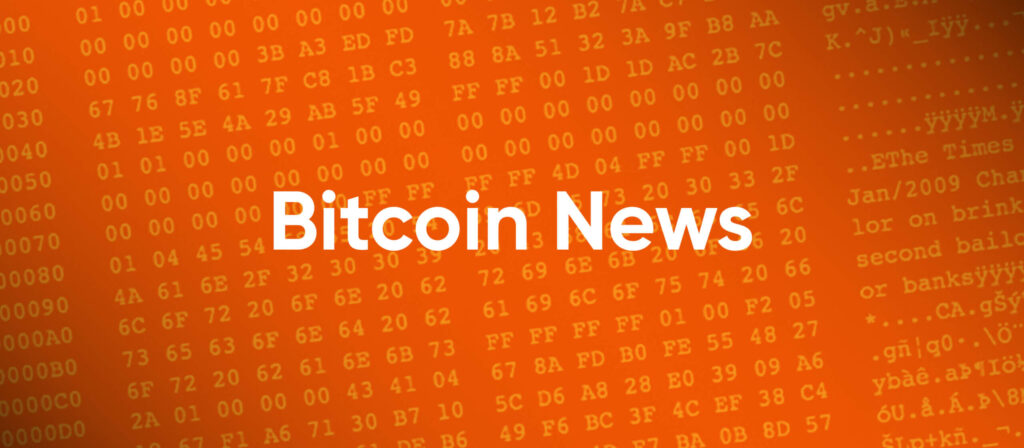
Phoenix | Added Support For BOLT 12
Phoenix, a popular Bitcoin Lightning wallet, added support for BOLT 12, an upgrade to the Lightning Network that introduces important enhancements, such as increased receiver privacy, greater censorship resistance, and reusable payment requests for recurring payments. With BOLT12 support, Phoenix users can create non-expiring QR codes for multiple transactions with route blinding to obscure the path a payment takes. Think of tip jars for activists. Additionally, BOLT 12’s support for onion messages, another privacy-enhancing technique, helps hide IP addresses. Phoenix users also now have access to a contact list for instant payments and can include messages with their transactions. These improvements help Phoenix empower activists to receive donations privately and maintain their financial autonomy in surveillance states.
Strike | Launches BOLT 12 Playground
Bitcoin payments platform Strike announced the release of the BOLT 12 Playground, an open-source testing environment for the BOLT 12 protocol. This playground will allow developers, researchers, and general Bitcoin users to experiment with these new features and learn how BOLT 12 works in practice. Additionally, users can test the compatibility between different Lightning Network node implementations. The BOLT 12 Playground has the potential to drive innovation on the Lightning Network through more efficient and secure transaction capabilities; more broadly, it is the kind of step a for-profit Bitcoin company can take to help the entire open-source ecosystem. For more details, visit the project’s GitHub repository.
OpenSats | Announces Educational Initiative
OpenSats, a public nonprofit funding free and open-source software and projects, announced a new initiative to support Bitcoin education and outreach around the world. Led by the Jamaican developer and human rights activist Dread and a sub-committee of Bitcoin educators, this initiative will provide grants to individuals and organizations pursuing educational projects that foster greater understanding and usage of Bitcoin. By funding open-source and freely accessible education materials, OpenSats hopes to educate communities worldwide about Bitcoin’s benefits while also promoting financial freedom and reducing reliance on traditional monetary systems. HRF proudly supports OpenSats’ operations costs, ensuring their donations continue flowing to free and open-source projects. For more information or to apply for an educational grant, visit here.
Spiral | Shares HRF Bitcoin Sticker
As part of their “Here Comes Bitcoin” campaign to make Bitcoin more widely accessible, visually engaging, and fun, Bitcoin company Spiral shared a post highlighting their collaborations with participants in the Bitcoin industry. More specifically, the announcement contained an image of various animated Bitcoin characters, each representing Spiral’s unique collaborations, including entrepreneur Jack Dorsey, Brink, Stacker News, and HRF. Each of the animations also serves as a sticker. In particular, the HRF Bitcoin sticker features a Bitcoin animation breaking the shackles of fiat currency with an HRF hammer, symbolizing the financial freedom that Bitcoin offers to dissidents worldwide. Learn more about this campaign at Here Comes Bitcoin.
Bitcoin Core | New Security Disclosure Policy
Bitcoin Core developers introduced a new security disclosure policy to establish a standardized process for reporting and disclosing vulnerabilities within the Bitcoin network. Vulnerabilities will be categorized into four severity levels: low, medium, high, and critical, with varying disclosure timelines based on the severity of said vulnerabilities. With this framework in place, developers can address security issues more appropriately. This also addresses shortcomings in publicizing and fixing past vulnerabilities in Bitcoin. Overall, the new disclosure policy is a step forward for the Bitcoin ecosystem’s software security, ensuring that any vulnerabilities are well-communicated, addressed, and fixed in a timely manner, reinforcing the network’s resilience and reliability.
Locus | Encrypted Location Sharing via Nostr
Locus is a free and open-source location app for iOS and Android that changes how users share their location. Designed to keep a user’s location private and accessible only to trusted contacts, Locus leverages Nostr servers for decentralized data storage and encryption of user location. This eliminates reliance on centralized location service providers, helping to protect a user’s whereabouts. Thanks to the Nostr protocol, more decentralized apps, like Locus, are being developed, helping activists retain control over their online data and reducing reliance on centralized forces that can be used by dictators to surveil, locate, and punish activists. You can try the app here.
Recommended Content
Privacy-Minded CBDCs are a Wolf in Sheep’s Clothing by Nick Anthony
In a new article, Nick Anthony, a policy analyst at the Cato Institute, argues that despite claims of “privacy-minded” CBDCs, these efforts are likely to fail due to inherent government surveillance interests. Anthony draws on historical examples such as the National Security Agency’s (NSA) mass surveillance expansion post-9/11 to underscore the risk CBDCs will likely pose to financial privacy. He quotes Chris Meserole of the Brookings Institute, who warns that in times of crisis, CBDC systems risk being severely misused to the detriment of ordinary citizens. Anthony concludes that CBDCs may ultimately serve to consolidate government control over financial systems, undermining the financial freedom of billions of people worldwide. You can read the full article here and learn more about CBDCs at HRF’s CBDC Tracker.


